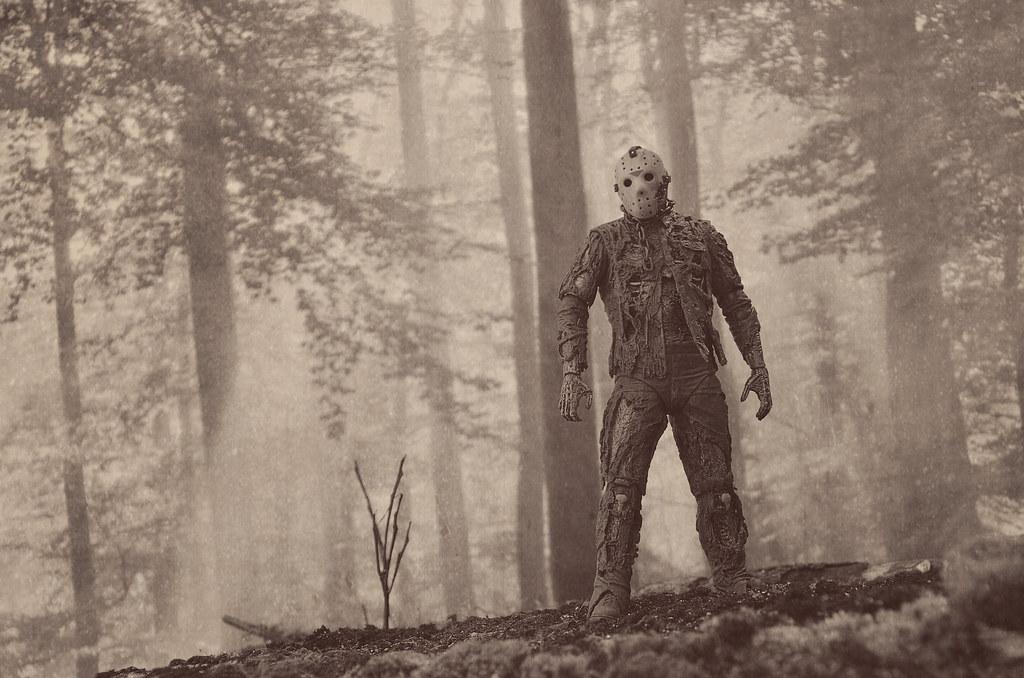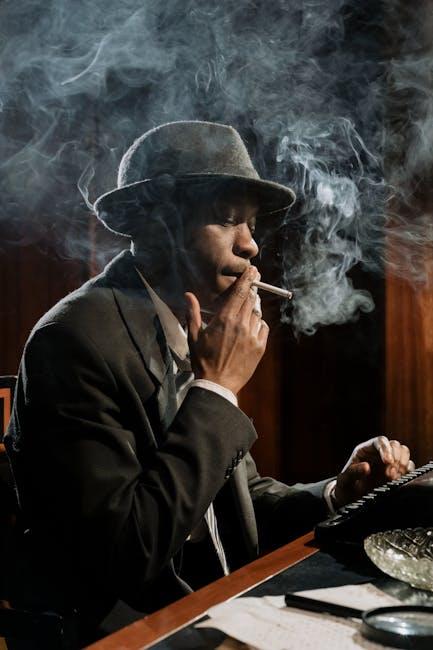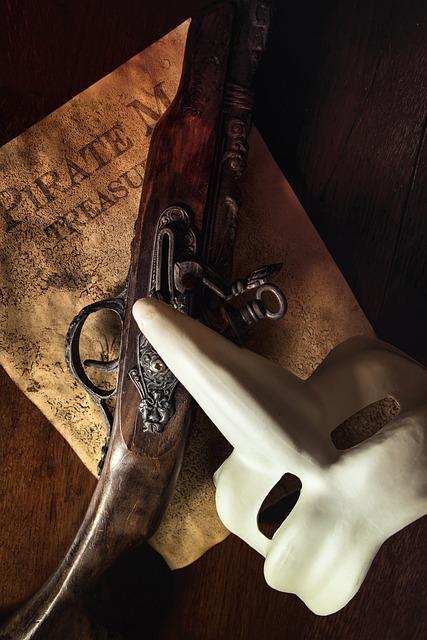In the dimly lit corridors of cinematic history, horror films have lurked and evolved, transforming from the visceral slashers of yesteryear to the cerebral psychological thrillers of today. This metamorphosis mirrors society’s shifting fears and fascinations, drawing audiences into a dance with dread that is as old as storytelling itself. From the blood-soaked blades of the 1980s to the intricate mind games of the modern era, horror has continuously reinvented itself, probing deeper into the human psyche. Join us as we explore this chilling evolution, unraveling how horror films have sharpened their edge, not just to cut, but to captivate.
From Gore to Mind Games: Tracing the Shift in Horror Cinema
In the late 20th century, horror cinema underwent a fascinating transformation. Slasher films, characterized by their visceral gore and relentless killers, dominated the screens. Movies like “Halloween” and “Friday the 13th” capitalized on primal fears, delivering adrenaline-pumping experiences. These films often featured formulaic plots, yet their appeal lay in the thrill of the chase and the shock value of gruesome deaths.
However, as audiences evolved, so did their tastes. Enter the era of psychological thrillers, where the focus shifted from external threats to the complexities of the human mind. Directors began to explore themes of paranoia, identity, and existential dread, crafting narratives that lingered long after the credits rolled. This new wave of horror emphasized subtlety and atmosphere, with films such as “The Sixth Sense” and “Black Swan” captivating viewers through suspense and intellectual intrigue.
- Intellectual Engagement: Encouraging audiences to think deeply.
- Character Depth: Exploring intricate character psyches.
- Atmospheric Tension: Building suspense through mood and tone.
Unmasking Fear: The Rise of Psychological Horror
In the dimly lit corridors of psychological horror, fear takes on a new guise, one that delves deep into the human psyche. This genre transcends the visceral terror of slasher films, focusing instead on the mind’s darkest corners. It’s a world where the unseen is more terrifying than the visible, and the monsters are often manifestations of internal turmoil. Directors like Jordan Peele and Ari Aster have mastered this craft, weaving narratives that explore societal fears and personal anxieties.
- Complex Characters: Unlike their slasher counterparts, these films feature protagonists whose mental states unravel before our eyes.
- Subtle Atmosphere: The use of sound, lighting, and pacing creates a sense of unease that lingers long after the credits roll.
- Real-World Parallels: Themes often mirror real societal issues, making the horror feel personal and immediate.
Psychological horror invites viewers to confront their own fears, blurring the lines between reality and imagination. It’s a chilling reminder that sometimes, the most frightening monsters reside within us.

Cinematic Tension: Techniques Transforming Terror
The evolution of horror films has seen a profound shift in how tension is crafted, moving from overt displays of violence to more nuanced psychological landscapes. Directors today employ a myriad of techniques to keep audiences on edge, using suspense and atmosphere to evoke fear. Lighting and shadow play are meticulously manipulated to obscure the unknown, creating a sense of lurking danger. Sound design is equally critical, with unsettling scores and jarring silences that amplify anxiety.
- Unpredictable Storylines: Twists and nonlinear narratives keep viewers guessing.
- Character Development: Deep psychological profiles make the terror personal.
- Minimalist Settings: Sparse environments focus attention on psychological elements.
By blending these elements, modern horror transcends the visceral gore of its slasher predecessors, drawing viewers into a more cerebral and immersive experience. This transformation reflects a growing appetite for complexity in storytelling, where the terror often lies within the mind itself.

Chilling Recommendations: Must-Watch Psychological Thrillers
For those who revel in the spine-tingling allure of psychological thrillers, the genre offers a feast of films that delve deep into the human psyche. Unlike their slasher counterparts, these movies eschew overt gore for a more cerebral form of horror, crafting narratives that linger in the mind long after the credits roll. If you’re ready to embark on a journey through the most mind-bending and unsettling stories, consider adding these must-watch films to your list:
- Se7en: A haunting exploration of the seven deadly sins, this film combines gritty realism with a chilling atmosphere, drawing viewers into a cat-and-mouse game that challenges their moral compass.
- Black Swan: A mesmerizing descent into obsession and madness, this film blurs the lines between reality and illusion, showcasing a dancer’s relentless pursuit of perfection.
- Gone Girl: With its intricate plot and unexpected twists, this film examines the complexities of marriage and media manipulation, leaving audiences questioning what they thought they knew.
- Shutter Island: A masterful blend of mystery and psychological horror, this film invites viewers into a labyrinth of secrets and lies, where nothing is as it seems.
These films not only entertain but also provoke thought, making them essential viewing for anyone intrigued by the darker facets of the human experience. Dive into these stories and prepare for a cinematic experience that will challenge your perceptions and keep you on the edge of your seat.































